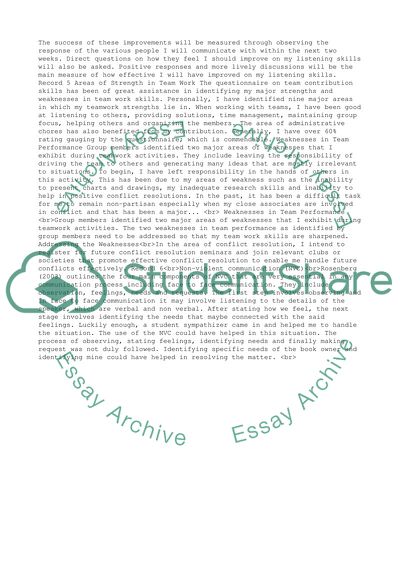Cite this document
(“Interpersonal management Coursework Example | Topics and Well Written Essays - 1750 words”, n.d.)
Interpersonal management Coursework Example | Topics and Well Written Essays - 1750 words. Retrieved from https://studentshare.org/management/1465711-interpersonal-management
Interpersonal management Coursework Example | Topics and Well Written Essays - 1750 words. Retrieved from https://studentshare.org/management/1465711-interpersonal-management
(Interpersonal Management Coursework Example | Topics and Well Written Essays - 1750 Words)
Interpersonal Management Coursework Example | Topics and Well Written Essays - 1750 Words. https://studentshare.org/management/1465711-interpersonal-management.
Interpersonal Management Coursework Example | Topics and Well Written Essays - 1750 Words. https://studentshare.org/management/1465711-interpersonal-management.
“Interpersonal Management Coursework Example | Topics and Well Written Essays - 1750 Words”, n.d. https://studentshare.org/management/1465711-interpersonal-management.


